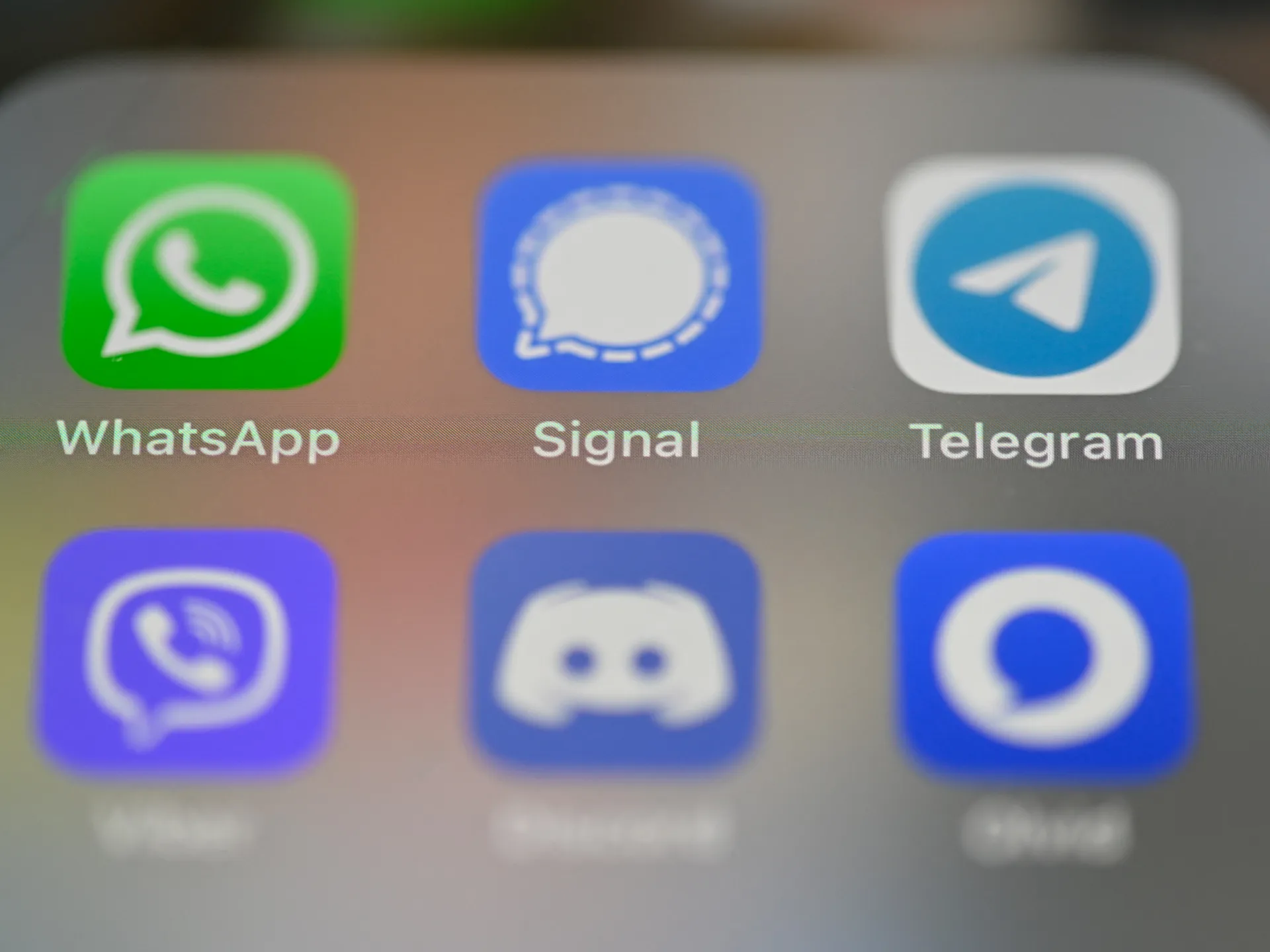
The European Union has abandoned a controversial proposal that would have compelled online platforms and encrypted messaging services to scan users’ private messages for child sexual abuse material, officials confirmed on Thursday.
The original proposal, introduced by the European Commission in 2022, sought to mandate the detection and reporting of child sexual abuse images, videos, and grooming attempts by predators targeting minors.
Although the plan — dubbed “Chat Control” — was backed by several child protection organizations, it triggered intense backlash from privacy advocates, lawmakers, and digital rights groups across the bloc.
Critics, including the EU’s own data protection watchdogs and countries such as Germany, argued that the proposal posed a “disproportionate” threat to privacy and could open the door to mass surveillance.
Their primary concern centered on the proposed use of scanning technologies within encrypted messaging platforms like Signal and WhatsApp, potentially undermining end-to-end encryption — a cornerstone of online privacy and security.
From Mandatory Scanning to Voluntary Action
Currently, platforms voluntarily detect and report child sexual abuse material (CSAM) under a temporary legal framework set to expire in April 2026.
While some member states, notably Denmark, pushed to renew the system and make detection mandatory, repeated negotiations among the EU’s 27 members collapsed over disagreements concerning privacy protections and cybersecurity risks.
A European diplomat described the stalled talks as the result of “complicated discussions on sensitive privacy issues.”
Denmark’s Compromise Plan
Denmark, which holds the rotating presidency of the EU, has now proposed a revised approach: scrapping the mandatory scanning provision and preserving the existing voluntary detection regime.
Danish Justice Minister Peter Hummelgaard defended the compromise, warning that clinging to the original proposal could leave the EU without any legal tool to fight online child abuse once the current framework expires.
“If we continue negotiations based on the previous compromise proposal, we risk ending up for a long period without the tool we have today,” Hummelgaard told AFP.
“We cannot afford that. The amended proposal is not perfect — but it’s better than taking a step backward.”
Mixed Reactions
The decision to drop the scanning requirement has been hailed as a “major victory for privacy” by digital rights advocates.
Former EU lawmaker and German activist Patrick Breyer called the revised plan a “major leap forward,” saying it protects citizens’ right to private communication while still allowing companies to help combat abuse voluntarily.
However, child protection groups have warned that the move could weaken efforts to tackle online exploitation, particularly given the EU’s growing role as a global host of such content.
A report by the UK-based Internet Watch Foundation (IWF) revealed that 62 percent of child sexual abuse material identified worldwide in 2024 was hosted on servers located within the EU.
The amended proposal will now be submitted to EU member states for final approval in the coming months.



